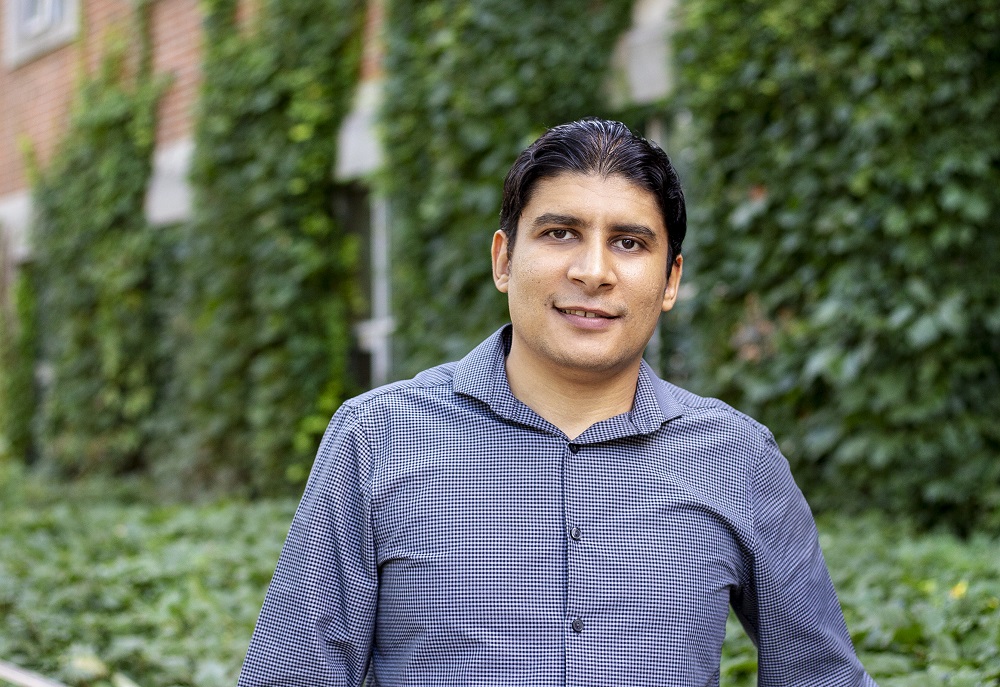
Dr. Mohamed Hassan is an Assistant Professor at McMaster University, Canada, where he leads the Fanos research lab focusing on intelligent Cyber-Physical Systems-on-Chip. He also worked as a System-on-Chip (SoC) R&D lead engineer at Intel and as a SoC Performance Architect at Qualcomm. He obtained his PhD from University of Waterloo in 2017. Dr. Hassan won multiple awards including the Discovery Launch Supplement Award from NSERC, the PhD Thesis Award and the Faculty of Engineering (FOE) Award from University of Waterloo, the ACM SIGBED Best Paper Award in ACM/IEEE Embedded Systems Week, the Best Paper Award from the IEEE Real-Time Systems Symposium, and the Outstanding Paper Award from the Euromicro Conference on Real-Time Systems.
Dr. Hassan delivered a webinar on “Main Memory: Fundamentals, Challenges, and Directions” as part of our SoCL Speaker Series. Main memory is widely considered as a fundamental bottleneck in almost all computing systems ranging from embedded systems to cloud-based servers. As an example, advanced software functionalities, like autonomous operation, build on complex Artificial Intelligence (AI) algorithms, yield unprecedented memory performance requirements that corresponds to the need to collect enormous amounts of data coming from sensors (e.g. cameras, LiDARs and radars) that must be processed at high rates. The bandwidth requirement of these applications has reached 60GB/s, with a projection to reach 400GB/s to 1TB/s. These applications impose new memory requirements not only on bandwidth but on latency, power, and predictability as well.
In this talk, we start by laying down the basic fundamentals behind modern main memories and memory controllers. Afterwards, we go through several challenges that are facing both industry and academia. Finally, we discuss some of the research directions.
To view the seminar, click here.